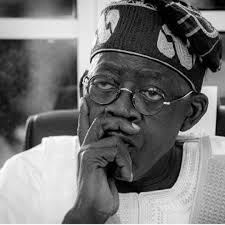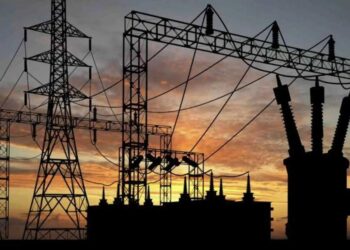Fuel consumers in Tanzania have since Wednesday started experiencing relief as measures taken by the government to rein in spiraling prices, through subsidy payment have taken off.
But, with payment estimated at about N6 trillion, Nigeria is yet to make any headway as consumers are still paying higher for fuel in most parts of the country.
More worrisome is the fact that 5he subsidy which is still shrouded in sefrecy has made 5je nation’s national oil company, (NNPC) renege on its financial obligations to the Federation account.
Further investigations show that except for major cities like Lagos, Abuja, Port Harcourt, Kano and a few others, petrol sells far above the N165/litre recommended by government.
Despite the welfairist bent of presodwnt Muhammadu Buhari that had made his government’s disposition to payment of subsidy or ‘under recovery’ the same government has not been able to come out clean of the subsidy regime.
Neither has it been able 5p muster the needed political will to stop the payment.
But the Tanzanian government last month announced a $43m (TSh100 billion) in subsidy after global oil prices rose sharply as a result of Russia’s invasion of Ukraine.
President Samia Suluhu Hassan has on Monday, May 9, said that the relief on fuel prices will start to take effect from June 1. This follows a recent steep hike of fuel prices across the country which saw petroleum products cross the Sh3000 mark in some of the regions for the first time in history. Speaking in an address to the nation, President Samia said skyrocketing fuel prices have affected the entire world. “Both rich and poor countries, those that produce fuel to those that import have been impacted. In some countries we have witnessed chaos and long queues at fuel stations due to fuel scarcity,” said President Samia. She added: I have directed for a relief on fuel prices to relieve citizens of the heavy burden from June 1. She, however, said that as a result the government will have to be frugal on spending so as to afford the relief package on fuel.
According to the Energy and Water Utilities Regulatory Authority (EWURA), effective Wednesday, the retail price for petrol is Tsh2,994 ($1.28) from 3,303 ($1.42) per litre, diesel Tsh3,126 ($1.34) down from Tsh3,452 ($1.48) per litre, while kerosene prices remain unchanged. Advertisement Diesel prices deepen to Tsh476 ($0.2) per litre for Tanga port and Tsh486 ($0.21) for Mtwara port, Ewura said. “Oil marketing companies are free to sell their products at a price that gives them a competitive advantage provided that such price does not exceed the price cap and is not below the floor price for the relevant product,” said a statement by Ewura Director-General Modestus Lumato.
In fact, the Nigerian government had in January planned to phase out the gasoline subsidy program, calling it “unsustainable.”
Despite being Africa’s main oil exporter, the country relies on importing petroleum products.
The government then said it intended to extend the costly fuel subsidy program, in a reversal of policy for the oil-rich African country.
Minister of State for Petroleum Resources Timipre Sylva told reporters that the government “was not removing subsidies” after meeting President Buhari ALSO READ:More Worries As Petrol Subsidy Gulps N271bn In April, NNPC Declares Zero Remittance Again For 4th Time
But the same government has previously sought to phase out the program by this summer, as Finance Minister Zainab Ahmed, who then regarded the program “unsustainable.”
She said the program cost $7 billion (€6.2 billion) a year in revenue.
According to research by Eurasia Group, Nigeria’s government spent more on subsidizing fuel at the pumps between January and August 2021 than it did on its entire health or education budgets in 2020.











